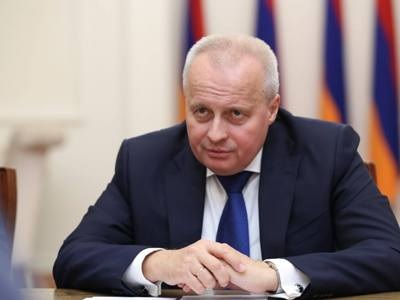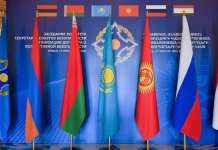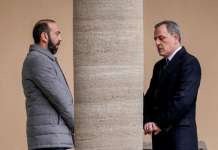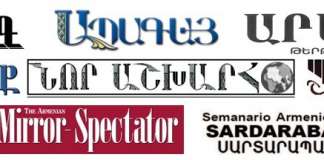The expansion of Russia’s consular presence abroad and, first of all, in the post-Soviet territory is a line that the Russian Federation is currently pursuing. This was announced by Russian Ambassador to Armenia Sergey Kopyrkin on the air of Sputnik Armenia, commenting on the preparations for the opening of the Russian consulate general in Kapan, the capital of Armenia’s Syunik Province.
“I go to Syunik quite often, I love this province. This time the trip had a specific nature, taking into account the tragic situation that was created in connection with the emigration of the Armenian population from Nagorno-Karabakh. We perceive their pain as ours, as our ties are very deep, long-lasting. And what the Armenian people are experiencing has always been perceived as a personal thing in Russia,” the Russian diplomat emphasized.
Speaking about the new momentum of Russophobic rhetoric in Armenia in recent months, the Russian ambassador expressed bewilderment that the people who accuse Russia of pursuing selfish goals and Armenophobic conspiracies do not see a logical contradiction between their words and what is actually happening.
“Russian-Armenian trade last year was $5 billion, and this year it is growing at an even faster rate; it has already exceeded $4 billion in the first eight months,” Kopyrkin added, in particular.
In his opinion, those who made contradictory statements regarding Armenian-Russian relations should give explanations so that everyone can understand them. This topic is really very important for both countries and peoples, and therefore it is desirable to make it clearer, says the Russian diplomat.
“For Russia, the South Caucasus is a part of our ‘big house,’ as a lot really depends on it; and it is a vital region for us,” he said.
Sergey Kopyrkin added that the relations between Russia and Armenia are relations between peoples and nations. Armenians have always played a very important role in the Russian Empire, the Soviet Union, and now in the Russian state, he said.
















